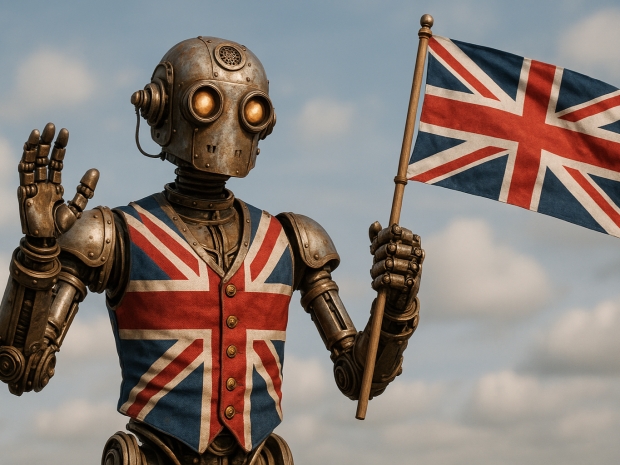The UK arm of the US artificial intelligence darling ended 2024 with current assets of £56.2 million, including £42.4 million in the bank and £13.7 million in unpaid invoices, according to freshly filed accounts at Companies House.
That’s a dramatic leap from the £1.1 million in assets at the end of the 15 months to 31 December 2023, when it had just £198,915 in the bank and £973,990 owed by debtors.
Non-current assets shot up too, from £178,823 to £964,495. But the liabilities ballooned just as fast, jumping from £476,555 to a massive £42.2 million.
Of that, £39.8 million is cosy inter-company debt to the US parent, which nobody expects to ever be repaid.
Shareholders’ funds fattened from £875,173 to £6.2 million while OpenAI raked in a profit of £4.1 million last year, a sharp reversal from the previous £1.2 million loss.
Headcount followed the same trajectory. The UK team grew from 19 to 55 staffers, and insiders reckon it’s now nudging 100. OpenAI UK Limited only sprang into life in September 2022, when ChatGPT first hit British shores.
The cash surge comes as Sam Altman’s outfit cosied up to Whitehall with a deal to sprinkle AI across public services. The agreement promises to “boost productivity” in education, defence, security, and even the justice system, giving the company access to government data.
Technology secretary Peter Kyle said on 22 July that “AI will be fundamental in driving change” and “driving economic growth” in Britain.
OpenAI seized the moment to announce an expansion of its London office but clammed up when asked by City AM how many jobs it might actually create.
Meanwhile, the firm quietly scrapped plans in May to flip into a full-blown for-profit, keeping control firmly in the hands of its non-profit board.




